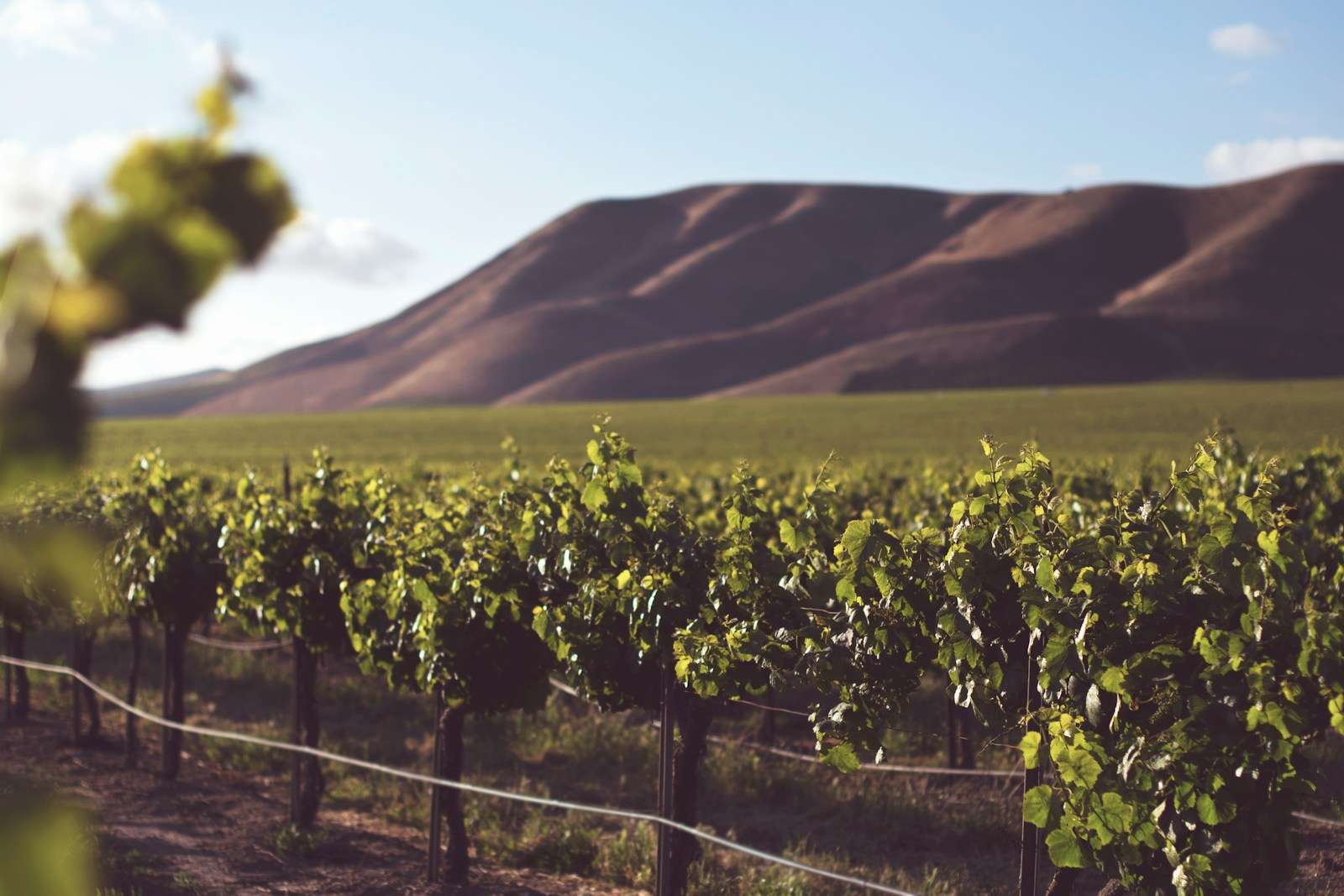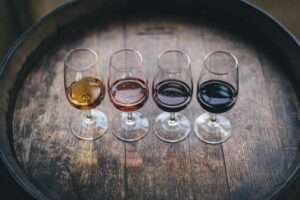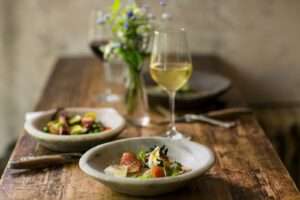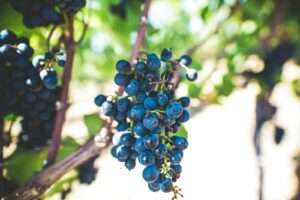Table of Contents
How to Embrace Organic, Biodynamic, and Sustainable Wines
In a world where organic lifestyles have gained prominence, the desire to extend this consciousness to what we drink is only natural. The realm of wine, akin to the organic food movement, delves into classifications that decipher production methods. Among the prevalent classifications, three stand out: Organic, Biodynamic, and Sustainable. Understanding the nuances of each involves unraveling techniques, guidelines, and certifications, shedding light on a sometimes perplexing landscape.
Organic Wine: Certified Purity
- Definition: Organic wine is crafted from grapes cultivated on organic farms, garnering the same certification as organic fruits.
- Certification: To carry the United States Department of Agriculture’s (USDA) organic seal, the wine must be made from 100% organically grown ingredients, ensuring rigorous monitoring throughout production.
Biodynamic Wine: Harmony with Nature
- Philosophical Roots: Inspired by Austrian philosopher Rudolf Steiner, biodynamic practices extend beyond organics to achieve balance with nature and moon cycles.
- Certification Challenge: Unlike organic, there is no formal certification for biodynamic wines. Winemakers may choose the organic seal or explicitly mention biodynamic practices on the bottle.
Sustainable Wine: Balancing Ecology and Economics
- Economic and Environmental Synergy: Sustainable practices prioritize environmentally friendly farming that also makes economic sense.
- Certification Variation: Similar to biodynamics, there’s no standardized certification. Winemakers may join associations to formalize their commitment to sustainable vineyards.
10 Facts About “Navigating Organic, Biodynamic, and Sustainable Wines”:
- Organic Purity: Organic wines carry the USDA organic seal, guaranteeing 100% organic grape cultivation.
- Biodynamic Philosophy: Rooted in Rudolf Steiner’s philosophy, biodynamic practices seek holistic balance within the vineyard ecosystem.
- Certification Contrast: While organic wines have a formal USDA certification, biodynamic wines lack a standardized certification.
- Sustainability Duality: Sustainable practices aim for ecological friendliness and economic viability.
- Economic Considerations: Sustainable farming may skip certain expensive organic practices for economic reasons.
- No Formal Biodynamic Seal: Some winemakers opt for the organic seal, while others explicitly mention biodynamic practices without a standardized seal.
- Balancing Act: Biodynamic practices extend to lunar cycles and nature to achieve a balanced vineyard.
- Association Affiliation: Winemakers can join associations to formally declare their commitment to sustainable vineyards.
- Biodynamic Inspiration: Rudolf Steiner’s belief in the interconnectedness of the vineyard ecosystem shapes biodynamic practices.
- Environmental Harmony: Sustainable wines prioritize practices that are not only eco-friendly but also economically viable.
Links to other interesting articles:
73-powerful-team-building-activities
unlock-the-fun-with-18-virtual-team-building-activities
powerful-tips-for-crafting-a-company-culture
Links to other interesting articles:
19-amazing-virtual-team-building-activities
35-powerful-team-building-activities
5-minute-team-building-activities
more-than-50-powerful-team-building-activities
Find out more about our experiences.
You may also want to check out our gallery for past events.




















